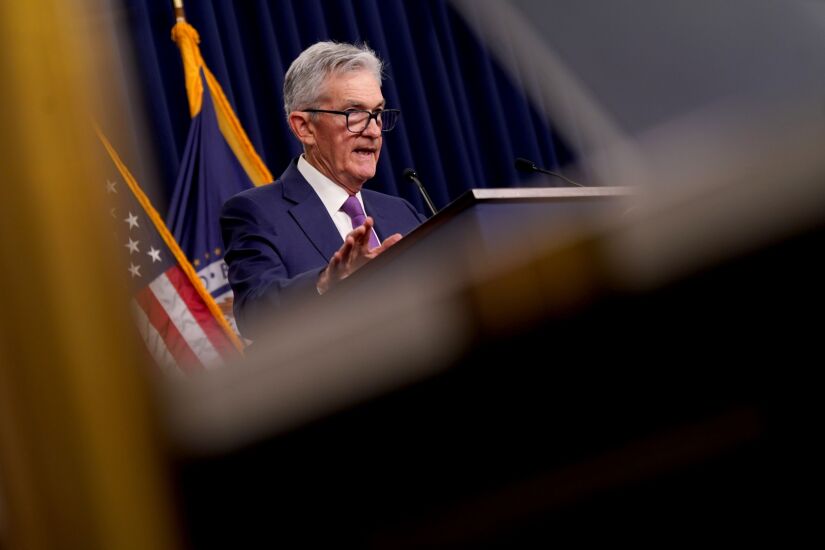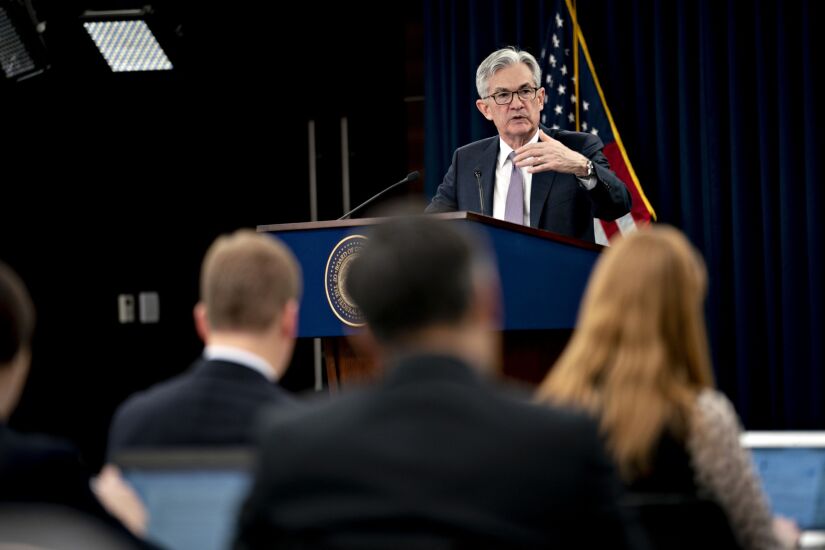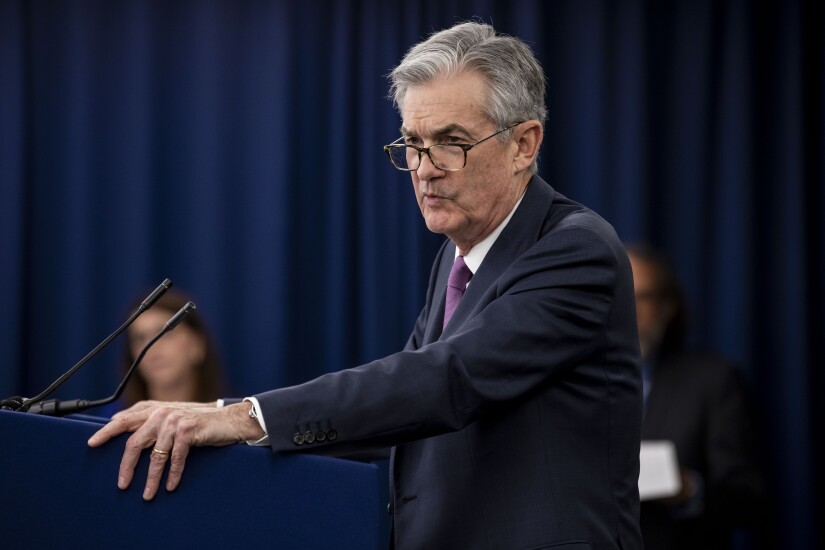The Federal Reserve's interest rate setting committee is expected to release its decision Wednesday afternoon about whether to lower rates, with most market watchers expecting a quarter-point cut.
The CME Fedwatch tool shows that 97.8% of investors have penciled in a 25 basis point cut, while 2.2% expect rates to remain unchanged. The Fed's current interest rate target is between 4% and 4.25%.
In recent months, Fed officials have expressed concern about a softening labor market as monthly jobs numbers from the Bureau of Labor Statistics have weakened. The October meeting of the Federal Open Market Committee takes place without members considering the most recent BLS employment data, which was not released earlier this month because of the ongoing government shutdown.
Nonetheless, the BLS released its inflation report last week, which showed that inflation rose by 0.3% in September, moderately down after August's 0.4% gain.
Lackluster readings on inflation and the job market have led to general apathy among consumers toward a short-term interest rate cut. A report from WalletHub found that 59% of respondents said a quarter-point cut would not make a difference in their lives, while 41% said it would.
Wednesday's meeting is also significant because it will be Federal Reserve Governor Stephan Miran's second meeting since being sworn in as a Federal Reserve Board member in September. The meeting will also mark the second meeting for Fed Gov. Lisa Cook since the Trump administration launched its effort to remove her from the board.
Cook's lawsuit seeking to block President Donald Trump from removing her remains in limbo, as the Supreme Court has signaled it will review an injunction in January that has allowed her to stay at the Fed. After a decision on the injunction is made, the main portion of her case will proceed in a lower court.








